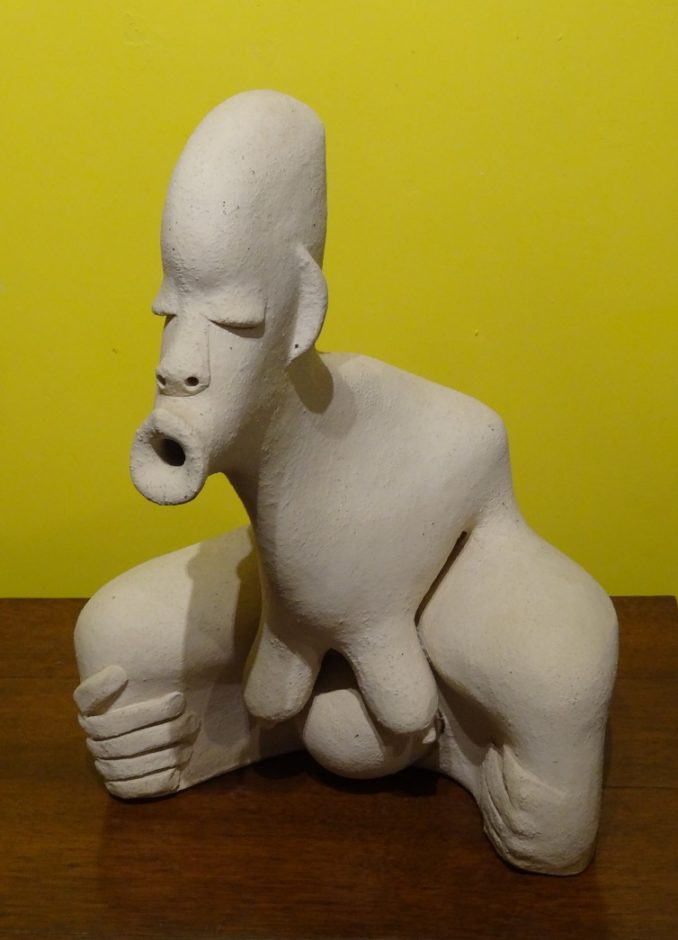Calls for Slavery Reparations are Shameless
Nothing was as evident as slavery. Little is as exceptional as the view that people are equal, not to mention the belief that slaves are ‘people’. We find the ideas about distinction and human ranking confirmed worldwide and throughout history. This was only fundamentally changed in the eighteenth century, specifically in France, Great Britain, the United States and the Netherlands. It remains a work in progress.
by Aart G. Broek

Our world as we know it would be fundamentally different without the transformative insights of Immanuel Kant, David Hume, Thomas Jefferson, John Locke, Voltaire, Adam Smith, Benjamin Franklin, Paul-Henry d’Holbach, Denis Diderot and Baruch Spinoza. These intellectual giants not only devised but also expanded the – initially mainly theoretical – concept of ‘equality’. We can indeed speak of ‘the invention of equality’, as Kenan Malik does in his enlightening study Not so Black and White: A History of Race from White Supremacy to Identity Politics (London, 2023).
This ‘invention of equality’ was not without its limitations. It did not automatically include women, workers, slaves, or those who had escaped slavery. In practice, it was a concept that still excluded those deemed ‘lesser’ in some respect, such as race, sex, religion, or ability to develop. These limitations persist, underscoring the ongoing struggle for true equality.
Continue reading on the website the Liberum, June 6, 2024.
